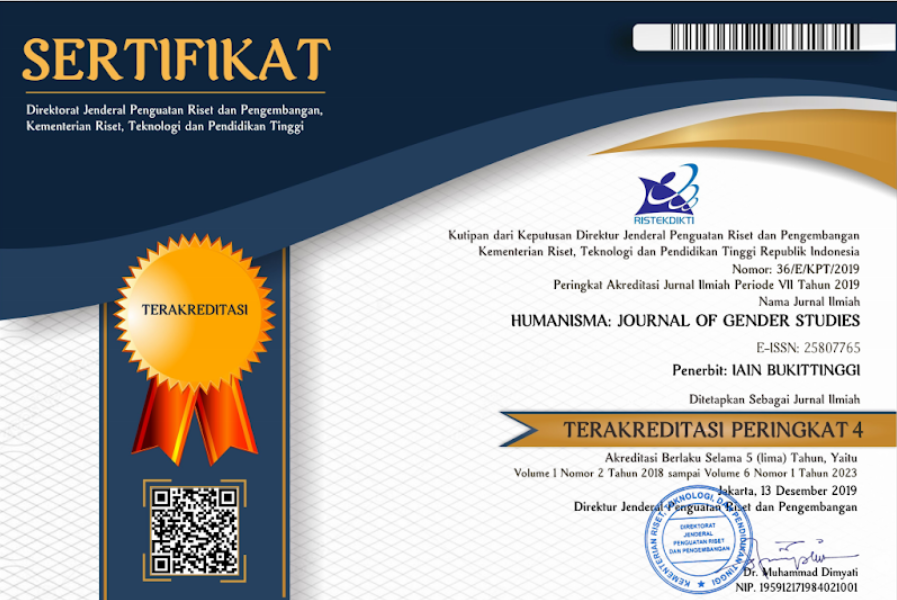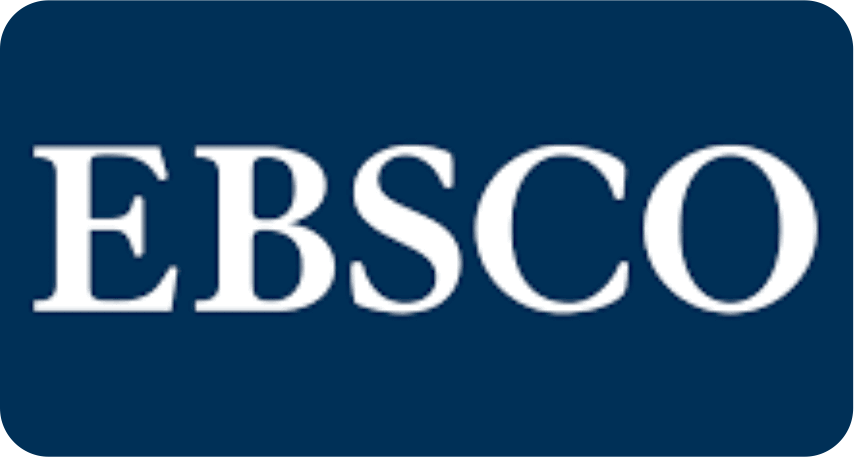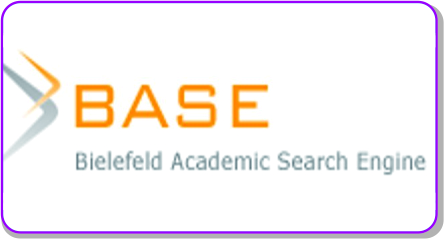LIMITED GENDER KNOWLEDGE OF ELEMENTARY SCHOOL’S TEACHERS :A CASE STUDY OF 20 TEACHERS OF SDN 28 DAN 43 RAWANG TIMUR PADANG, WEST SUMATERA
DOI:
https://doi.org/10.30983/jh.v2i2.533Abstract
This research aims to describe the lack of gender knowledge of 20 teachers in two primary schools in Padang. It is assumed that teachers in primary schools are important to have gender knowledge. This is because primary schools is the basic education for pupils in building their character and constructing their mindset, especially mindset with gender awareness and gender sensitivity attitude. Thus teachers without gender bias and lack of gender knowledge plays an important role for widely spread the gender sensitivity and gender awareness in order to fight the bias gender and discrimination against women.  The research takes qualitative method by using in-depth interview and distribute questioner toward 20 teachers in 2 primary schools. The result showed that most teacher in these two primary schools have lack of knowledge about gender concept and kind of difficult to make different among the definition of sex and gender concept. This lack of knowledge to some extent affected the learning process with several gender biases in facing their pupils in the school activities. It is recommended in increasing the socialization process of gender knowledge around primary school’s teachers.
Penelitian ini bertujuan untuk mendeskripsikan kurangnya pengetahuan gender dari 20 guru di dua sekolah dasar di Padang. Diasumsikan bahwa guru di sekolah dasar penting untuk memiliki pengetahuan gender. Ini karena sekolah dasar adalah pendidikan dasar bagi siswa dalam membangun karakter mereka dan membangun pola pikir mereka, terutama pola pikir dengan kesadaran gender dan sikap sensitivitas gender. Jadi guru tanpa bias gender dan kurangnya pengetahuan gender memainkan peran penting untuk menyebarkan kepekaan gender dan kesadaran gender secara luas untuk melawan bias gender dan diskriminasi terhadap perempuan. Penelitian ini menggunakan metode kualitatif dengan menggunakan wawancara mendalam dan mendistribusikan kuesioner kepada 20 guru di 2 sekolah dasar. Hasil penelitian menunjukkan bahwa sebagian besar guru di kedua sekolah dasar ini kurang memiliki pengetahuan tentang konsep gender dan agak sulit untuk membedakan antara definisi jenis kelamin dan konsep gender. Kurangnya pengetahuan sampai batas tertentu mempengaruhi proses pembelajaran dengan beberapa bias gender dalam menghadapi murid-murid mereka dalam kegiatan sekolah. Disarankan dalam meningkatkan proses sosialisasi pengetahuan gender di sekitar guru sekolah dasar.
Keyword:Â Gender, knowledge, elementary school.
References
Amanda Tomkins et all, Gender Influences on Students Study Abroad Participation and Intercultural Competence, Journal of Student Affairs Research and Practice, 54(2), h.204–216
American Psychological Association. (2011).Guidelines for psychological practice with lesbian, gay, and bisexual clients: Definition of terms. Retrieved from
file:///D:/Artikel%20gender/Gender_sensitivity'Influences_on_Students'.pdf June 22, 2018
KhusnulKhotimah, Urgensi Kurikulum Gender dalam Pendidikan. INSANIA, Vol.13.No.3, 2008, 420-533
J.W. Creswell, Qualitative Inquiry & Research Design third edn, SAGE, Los Angeles, 2013
Komnas HAM Perempuan, Catatan Tahunan (Catahu) Komnas Tergerusnya Ruang Aman Perempuan dalam Pusaran Politik Populisme, Jakarta: Komnas Perempuan, 2018
Mansour Fakih, Analisa Gender &Transformasi Sosial, Yogyakarta: penerbit Pustaka Pelajar, 2006
Saparinah Sadli, Berbeda tetapi Setara; Pemikiran tentang Kajian Perempuan, Jakarta: Kompas, 2010.
Suhatril, personal interview, Saturday 6 August 2016
Maidarni, personal interview, Saturday 6 August 2016
Downloads
Submitted
Published
Issue
Section
License
Authors who publish with this journal agree to the following terms:
- Authors retain copyright and grant the journal right of first publication with the work simultaneously licensed under a Creative Commons Attribution-ShareAlike 4.0. that allows others to share the work with an acknowledgment of the work's authorship and initial publication in this journal.
- Authors are able to enter into separate, additional contractual arrangements for the non-exclusive distribution of the journal's published version of the work (e.g., post it to an institutional repository or publish it in a book), with an acknowledgment of its initial publication in this journal.
- Authors are permitted and encouraged to post their work online (e.g., in institutional repositories or on their website) prior to and during the submission process, as it can lead to productive exchanges, as well as earlier and greater citation of published work (See The Effect of Open Access).



















